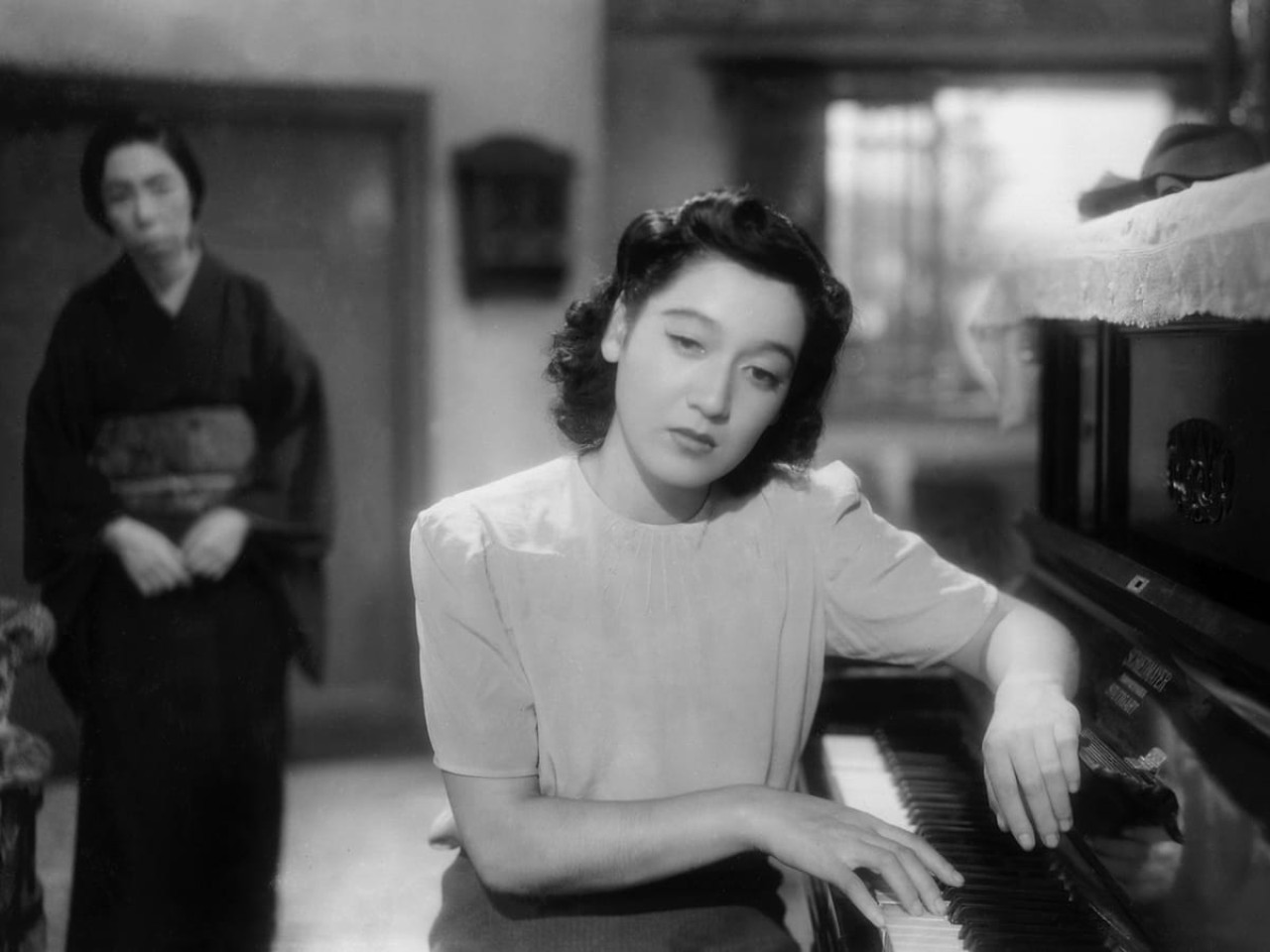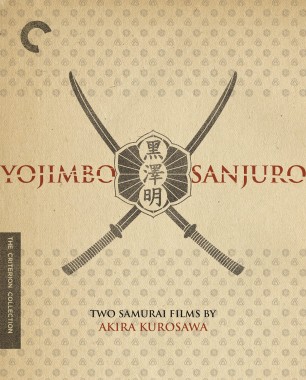One Wonderful Sunday

This affectionate paean to young love is also a frank examination by Akira Kurosawa of the harsh realities of postwar Japan. During a Sunday trip into war-ravaged Tokyo, Yuzo and Masako look for work and lodging, as well as affordable entertainments to pass the time. Reminiscent of Frank Capra’s social-realist comedies and echoing contemporaneous Italian neorealism, One Wonderful Sunday touchingly offers a sliver of hope in dark times.
Available In

Cast
- Isao Numasaki
- Yuzo
- Chieko Nakakita
- Masako
- Atsushi Watanabe
- Yamamoto
- Zeko Nakamura
- Dessert shop owner
- Ichiro Sugai
- Yamiya, the black marketeer
- Masao Shimizu
- Dance hall manager
Credits
- Director
- Akira Kurosawa
- Screenplay
- Akira Kurosawa
- Screenplay
- Keinosuke Uegusa
- Cinematography
- Asakazu Nakai
- Music
- Tadashi Hattori














